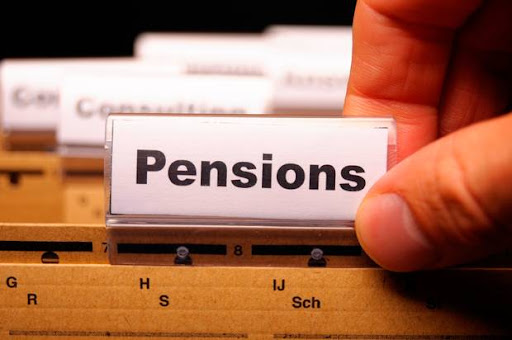When we last left House Bill 22-1029, it had passed the House Finance Committee on a 10-to-1 vote and had been sent to House Appropriations. The bill would not only restore the $225 million statutory annual payment to Colorado’s Public Employee Retirement Association (PERA) that the legislature skipped in 2020, it would make up for the investment income that PERA missed by not having not this money available.
But a funny thing happened on the way to the credits. So far, the bill has not been scheduled for this committee, and with only a few days left in the session, there is a risk that it will simply die for lack of time.
The delay appears to be the result of interference from Governor Polis which amounts to emptying the PERA Payment Cash Fund, reducing payments for the next three fiscal years and relying on expected returns to make up the difference.
Where HB 1029 would pay PERA $307 million from the cash fund and then resume annual payments of $225 million, reports say the governor would pay the full $380 million balance in the cash fund now , then would pay $35 million on the next two. fiscal years and $130 million in fiscal year 2025-26. The argument is that if the cash fund is earning around 1% per year, PERA’s expected rate of return is 7.25%, so it doesn’t make sense to leave the $73 million balance in the fund cash.
In fact, the proposal would make PERA worse off after FY 2025-26 by at least $400 million, even at the expected rate of return. the upper rate of return over those years, the worse PERA would be compared to where it would have been.
The governor’s office is proposing to limit the damage using the Automatic Adjustment Provisions (AAPs) created in 2018 under Senate Bill 200. These provisions reduce cost-of-living adjustments (COLAs) and increase employee contributions if the probability of PERA reaching full funding by 2048 falls below a certain threshold. The proposal would restore full funding for $225 million each year that COLA increases were less than 2022 or employee contributions were greater than 2022.
The problem with that should be obvious. Not only does this make PERA worse off by hundreds of millions of dollars on nominal terms, it misunderstands the purpose of AAPs and uses 2022 as an arbitrary standard to restore full payments. The goal of the PAAs is to ensure full funding by 2048. Recent feedback has led to a possible scenario where these PAAs are relaxed slightly in the coming fiscal year. If they are tightened again soon, it means that PERA already risk of not achieving full funding by the target date.
Additionally, by draining the cash fund now, Governor Polis is eliminating the cushion it provides for years when tax revenues are below expectations, which will likely coincide with years of meager returns for PERA.
One wonders what his motivation is for interfering in PERA’s funding mechanism so soon after its adoption, and at a point where PERA’s future is still precarious. Moreover, this proposal has been on the table since last fall when it was recommended by the PERA sub-committee. Plunging in at the last minute is all too typical of how legislative sausage is made, but Polis has no excuse. The only reasonable conclusion is that he thinks he’s found something better to spend the money on, and it’s exactly that kind of thinking that got us into this public pension chasm in the first place.
Joshua Sharf is a senior fiscal policy fellow at the Independence Institute, a free-market think tank in Denver.

